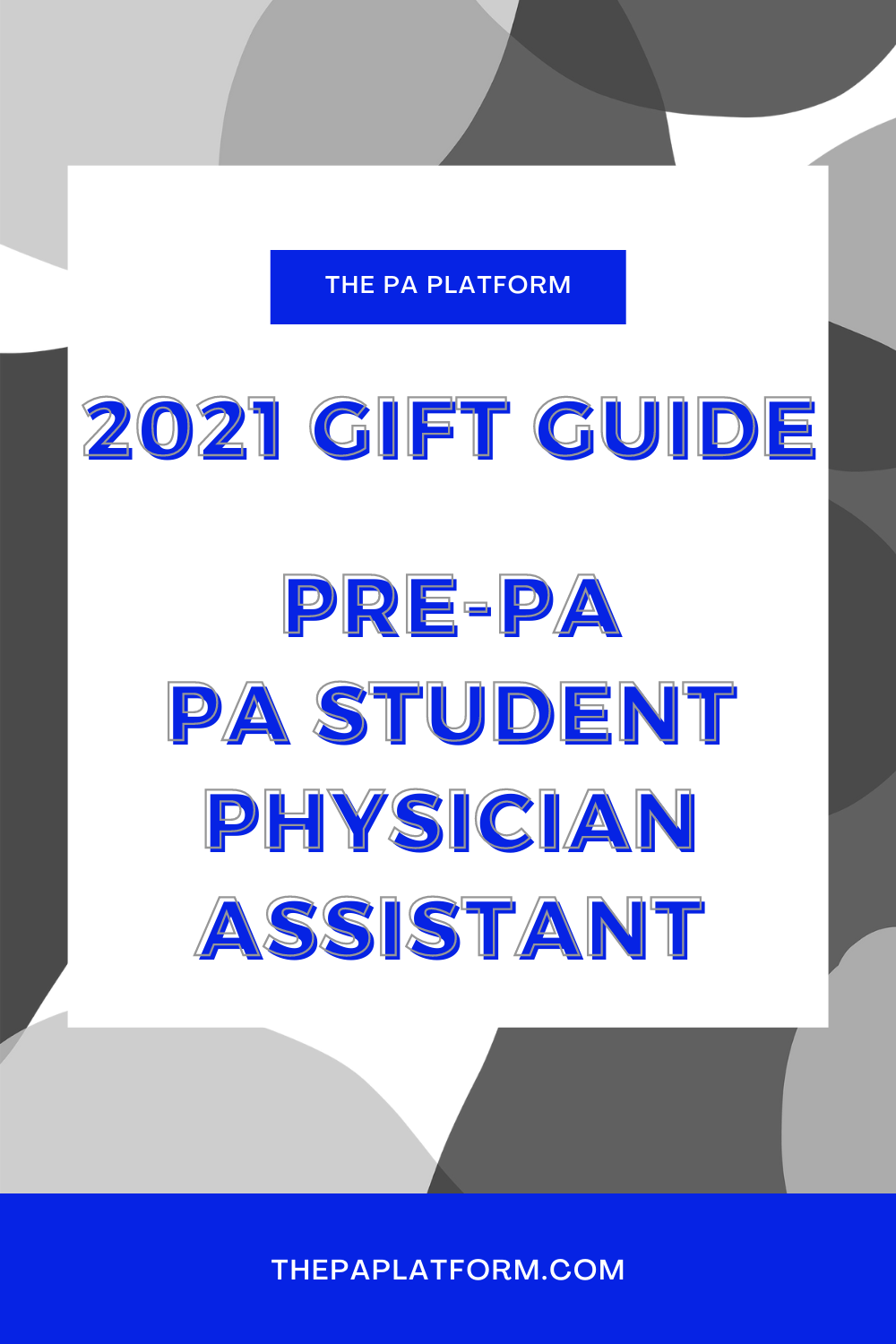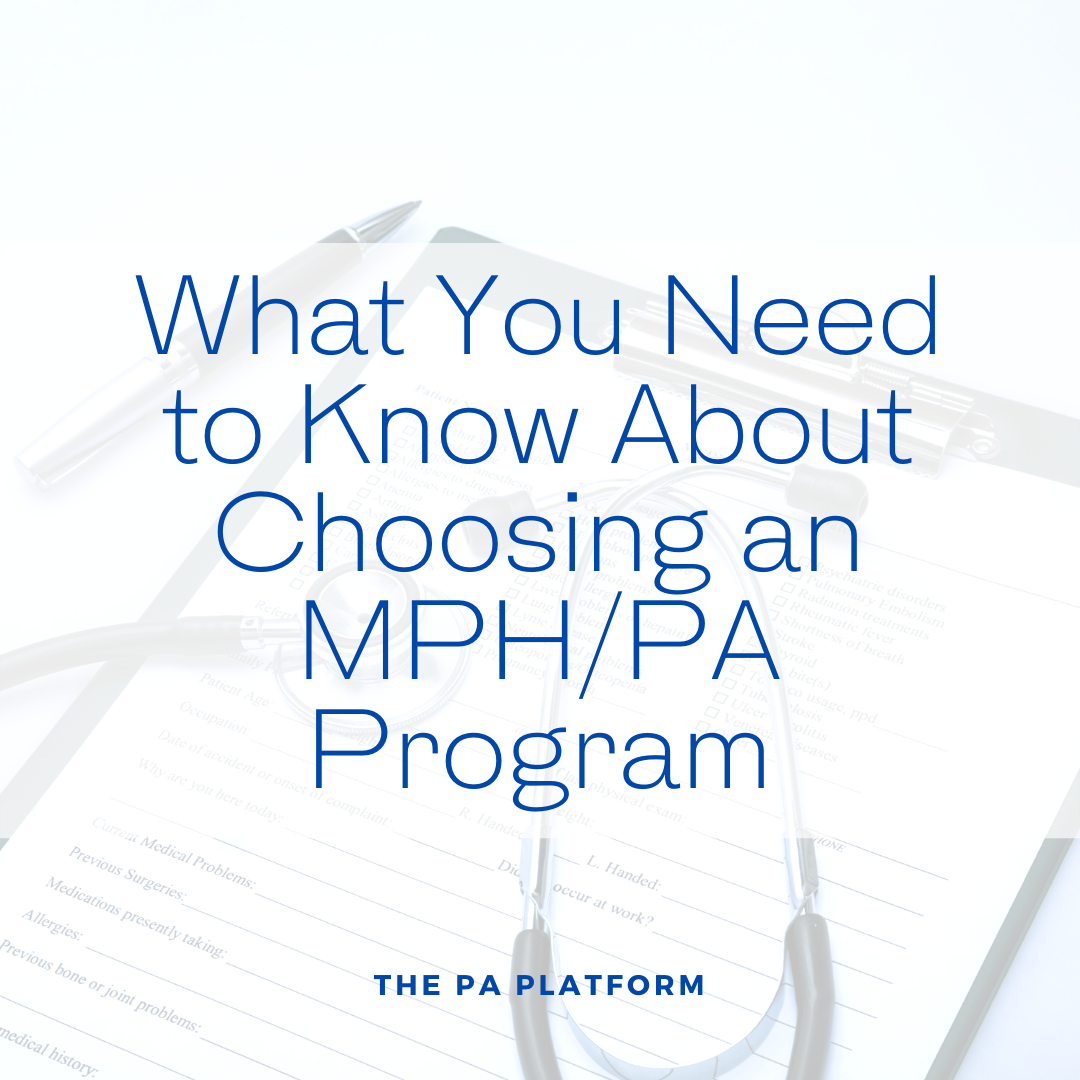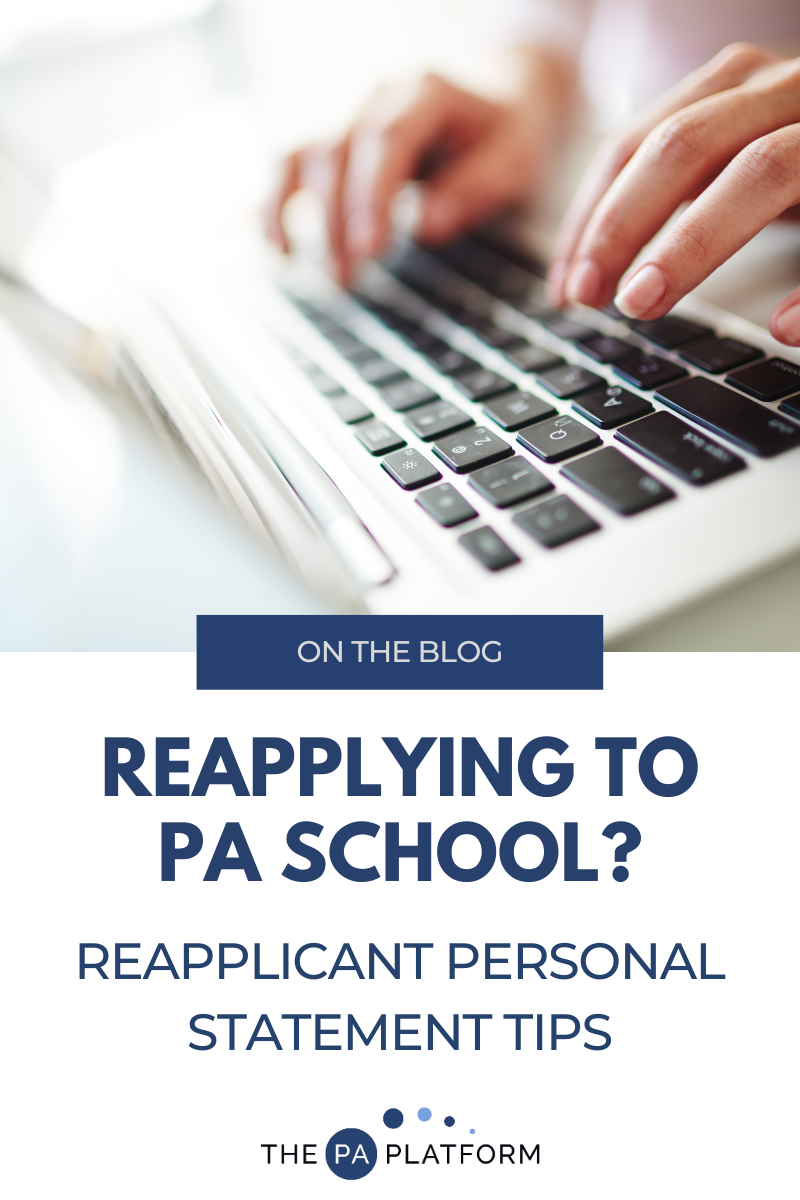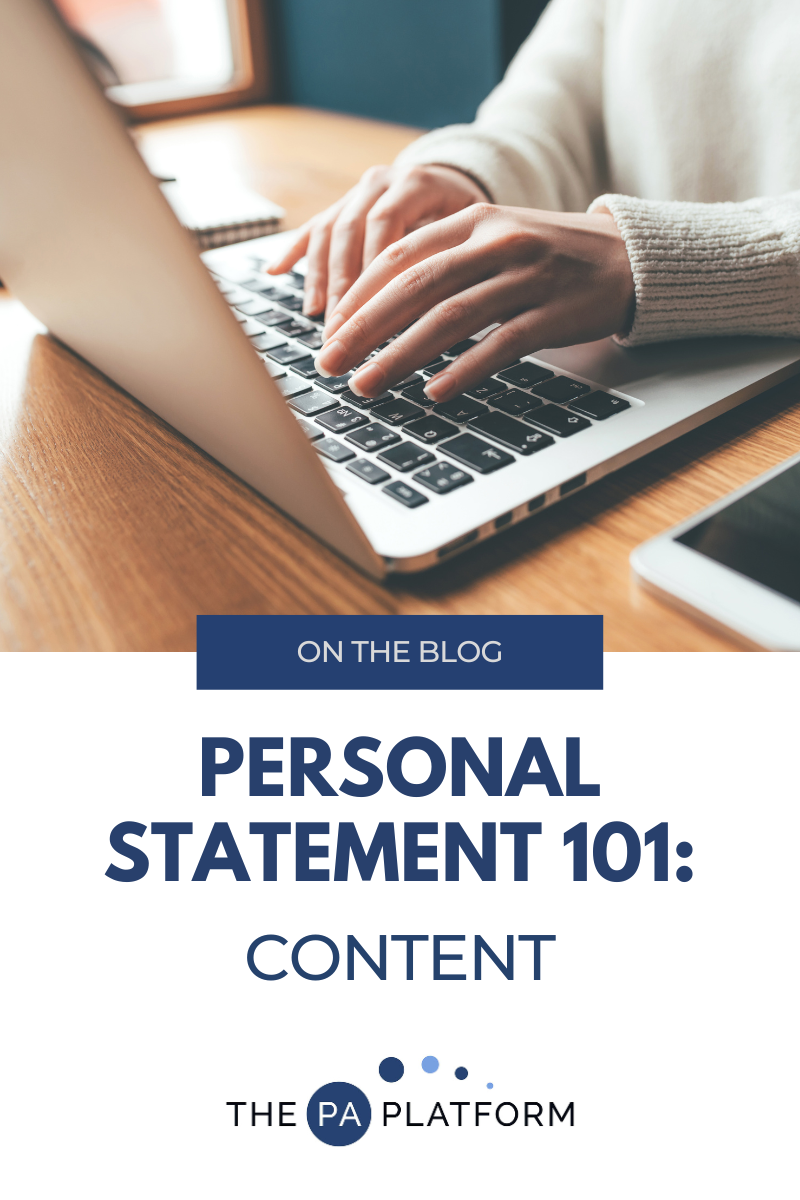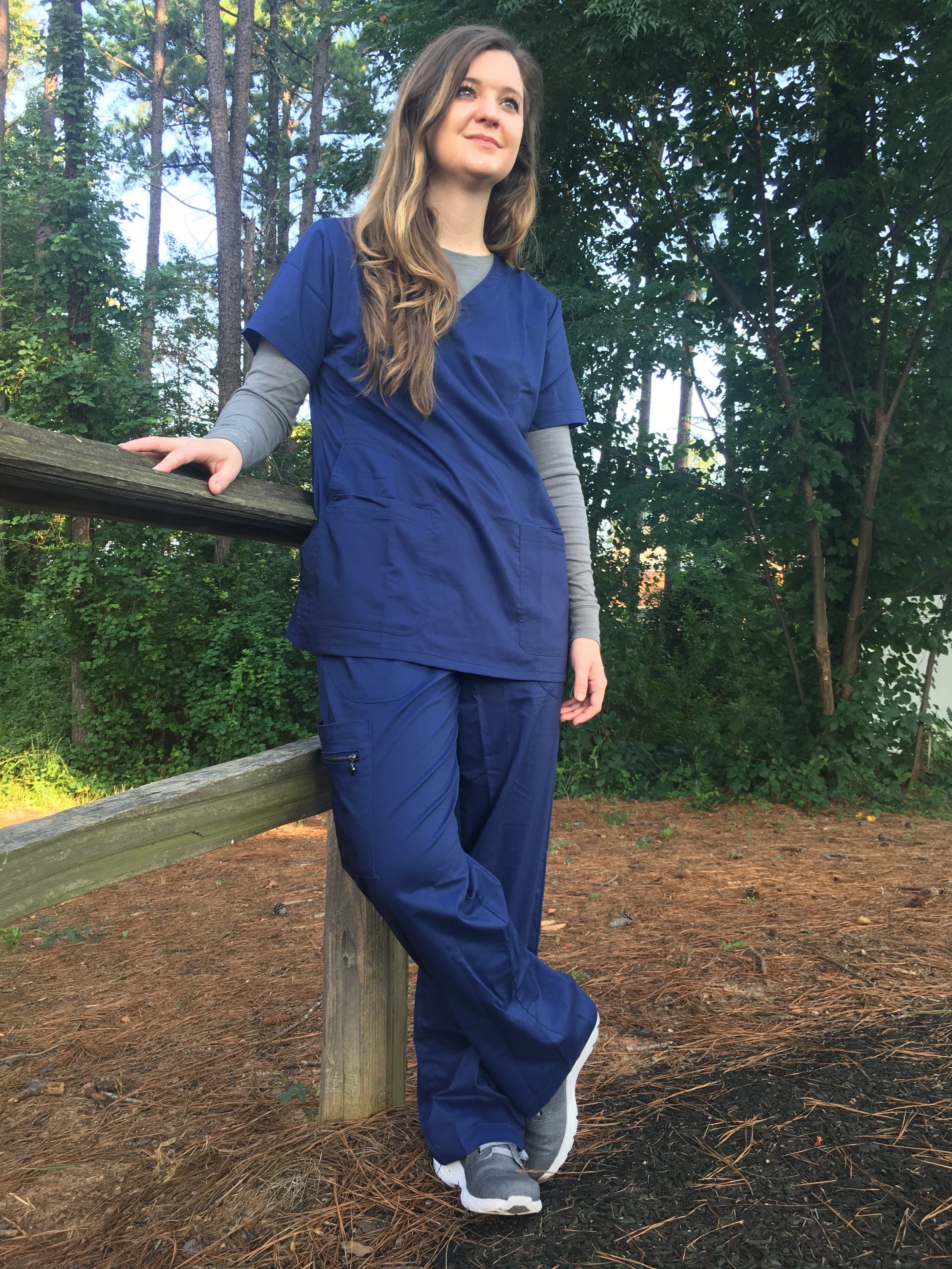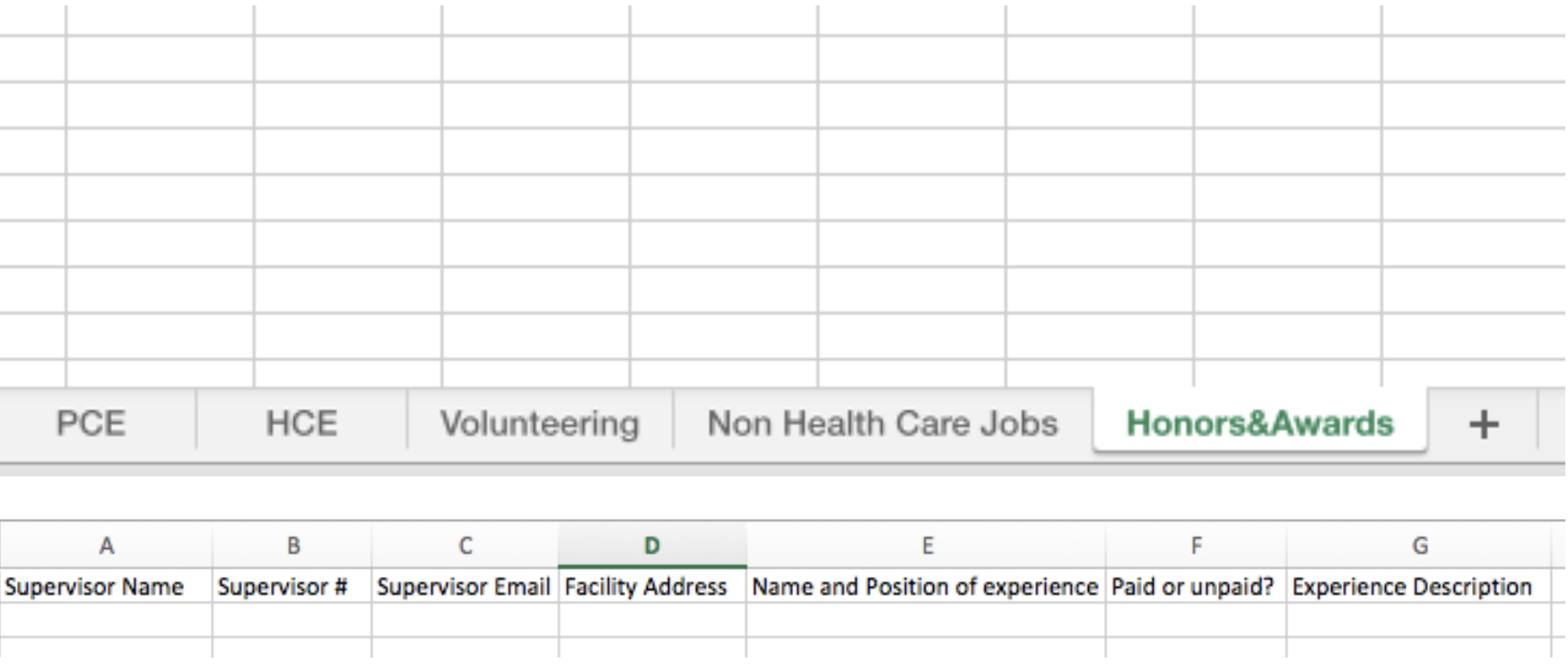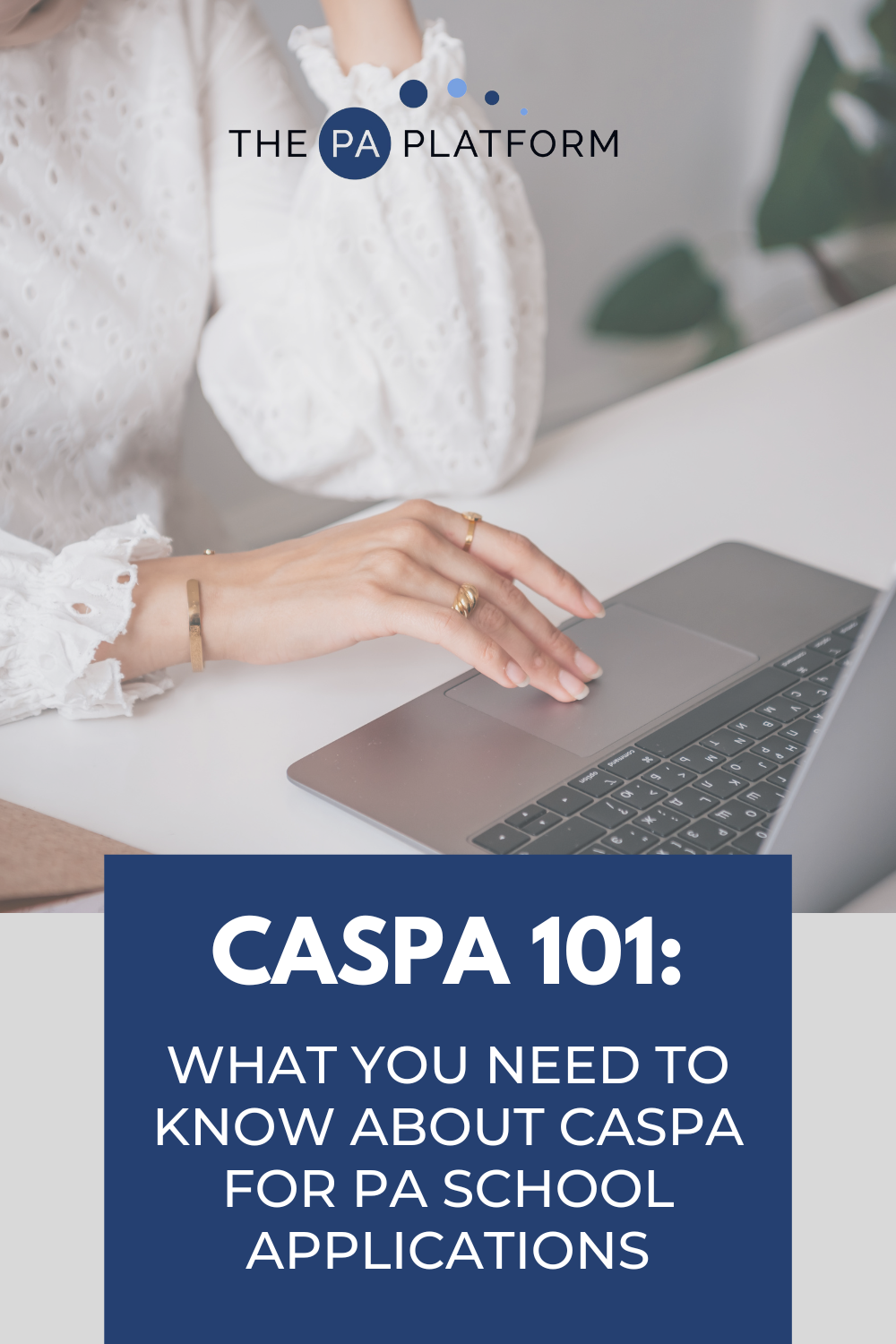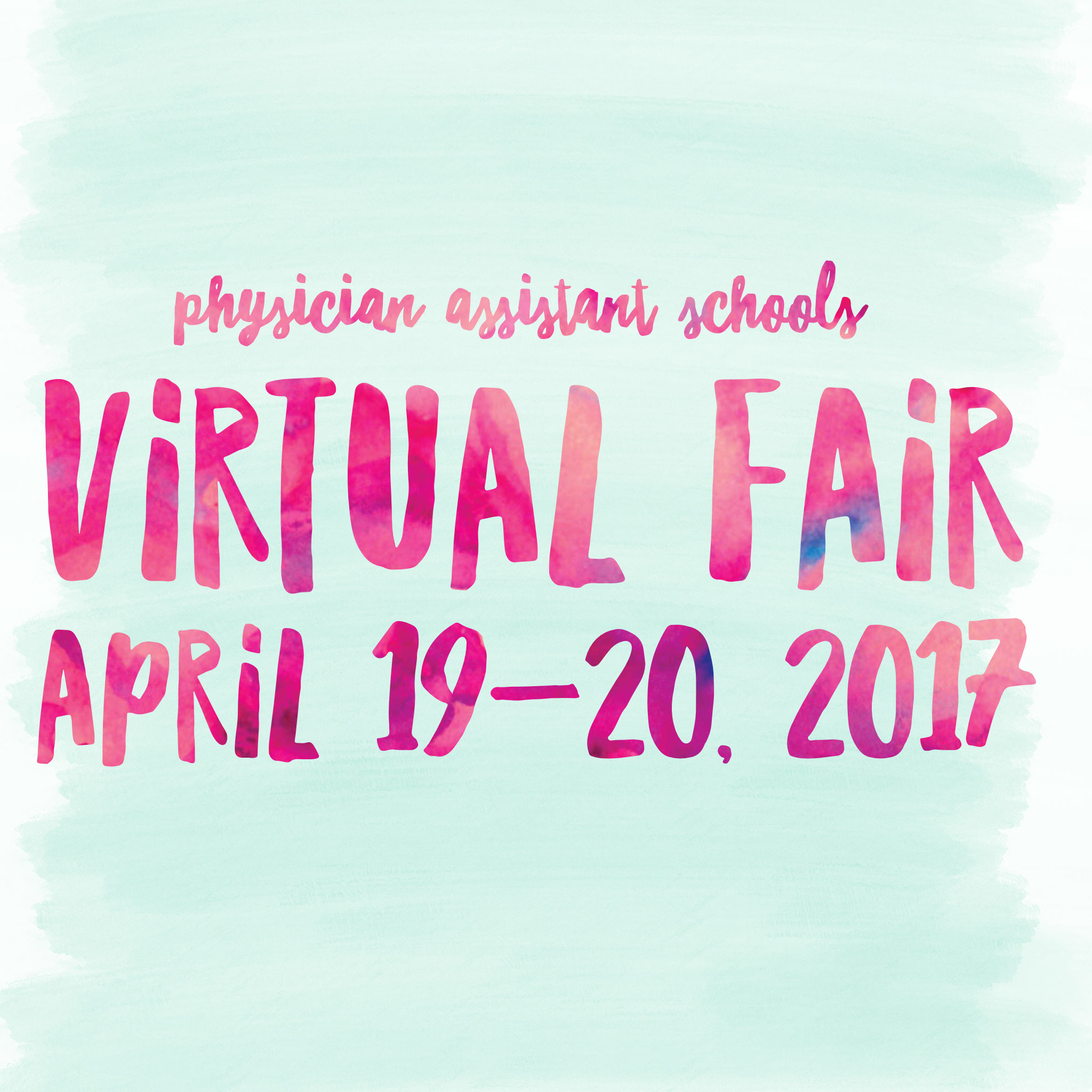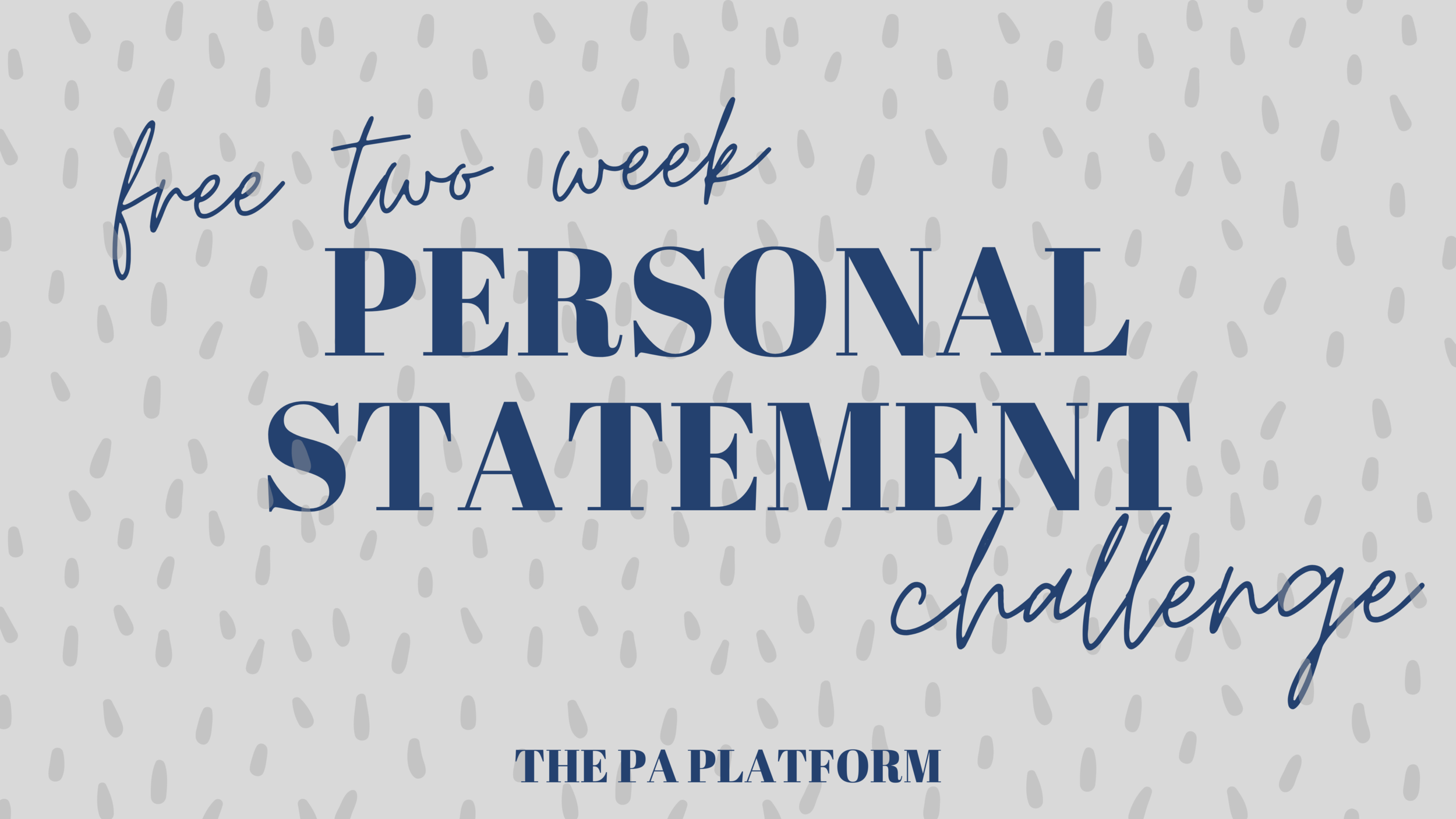Since I was a child all I ever wanted was to become a healthcare provider. I did not realize the journey towards this goal of mine would be a bumpy path, but I am glad to have the experiences that came along with this untraditional path. They have shaped me to be prepared for Physician Assistant (PA) school.
Standing out to get into PA school can be rather challenging. There are many applicants with great GPAs, tons of patient care experiences, and stellar GRE scores, but how do you shine in a sky full of north stars?
Coming from a difficult period of my life in undergrad I sought out ways to improve my application because my GPA was not going to cut it to gain admittance. After graduating, I took courses post-bacc but I knew I wanted more. I had always thought research, teaching, and graduate level thinking would challenge me in a positive way. The following is just one way to standout that I found helpful and I hope this may also help others since each applicant’s journey is unique and they are unique themselves.
I chose to apply to a Masters of Science in Biomedical Sciences. The degree includes 3 quarters of didactic work followed by 4 quarters of research. When you complete the degree, you have a thesis manuscript, oral defense done, and many other opportunities if you choose not to proceed into medicine, but instead research.
I had the option of taking a minimum of 12 credits per quarter, but I elected to take extra classes because I wanted to prove to myself and everyone else that I was ready for this challenge. I realize that at this level of education it was a slippery slope taking extra intense science classes, although in the end, it paid off for me.
One of my favorite courses I took, and excelled in, was pharmacology - a two quarter long class. It allowed me to apply my clinical knowledge and my enjoyment of physiology and pathophysiology. I tutor and work as a teaching assistant for the same course this year where I help run review sessions, create test questions, and am able to teach the students some of the material. Another class I thoroughly enjoyed, and was an extreme benefit, was taking physiology for two quarters. At my current school, the class is paired with the PA students so the same material they learn for their future, I got to learn alongside them. It was great exposure to what to expect in my future and I could excel at this course with the great teaching.
The classes I decided to take challenged me and I received a GPA I never thought I could obtain. But it has been the research experience which has shaped and challenged me more than I ever would have expected. My very first presentation was with my first principle investigator (PI). I had not done much public speaking before this, especially with something I was extremely passionate about. We had to do a 10-minute presentation on our proposed research project to the faculty, staff, and other students in my cohort.
I walked up to the podium, loaded my PowerPoint then proceeded to start the presentation, although I had massive anxiety attached right at the beginning. I started crying, breathing heavy, then just walked out of the presentation. My peers and some of the faculty thought I might not come back to finish the presentation. I had to calm down, and then decided to try again. I stuttered and barely made it through. It was traumatic and some peers were not very nice about it, both during and after my presentation.
The next time I did a presentation was with my current PI, yes I switched PI’s and projects. WOW! What a difference it was. I practiced word for word what I was going to say for a week. My PI spent hour upon hours with me to perfect it. Ultimately, it was a good presentation when said and done. I felt better about giving presentations, although this was mostly background about the project at that point, and then my next presentation was with data which made me more nervous. I walked into the room, and something did not feel right. I started out again with the shaky voice and teary eyes, but then I talked myself down. Earlier that week I found out I was accepted to PA school, and I realized I can do this and took a deep breath then nailed it. I was congratulated by multiple faculty with how impressed they were that I could come from being so nervous to jumping back in and doing so well.
I changed research mentors in between my first and second year, which was rather challenging. I took on a whole new research project. I took extra classes, including anatomy with the occupational therapy students, and did very well. Additionally, I gained positive encouragement as I gained confidence in my ability to give public presentations. I have achieved so many things since I started. I think one of the more important things is I grew to learn even more about myself. During my time, I have learned several laboratory techniques. There were days where I would cry, and days I would pat myself on the back. It is, and has been, a learning experience. For me, it's been important to have a research mentor who believed in me and who was there for me no matter what time of day. I am so grateful for what he's done for me this past year and I will be working on finishing my thesis in the fall before starting PA school in January at MCPHS.
You will make mistakes. Research is not easy, especially with a thesis project. It is a lot of hard work and dedication to go into the laboratory when you do not want to. But it has taught me how to be patient, pay attention to details, be a critical thinker, and enjoy being challenged. These will help me in more than just research, these are valuable things as a PA student and a PA-C. In healthcare, it’s extremely important to pay attention to details and to be able to think critically about your patient so you can provide the best care. There will be times you will be frustrated, but you should look at it analytically or take a step away for a while.
Other aspects that have helped shaped who I am are having CrossFit. It has made me more mentally and physically fit. I highly suggest finding a good outlet like this. Any exercise can help you to manage your stress levels but find something that you truly enjoy. I always make sure to take care of myself as a priority before anything else because if you're not taking care of yourself, you're not going to be successful in all aspects of your life.
Other aspects of my application that I feel helped me stand out was naturally creating a theme. My theme is oncology. I volunteered for three years at a pediatric oncology camp, I worked as a patient care technician in an oncology unit for almost two years, (I also worked other positions, but this one was my favorite), and my research is on non-small cell lung cancer. This shows how I have a strong interested in pursuing oncology as a profession.
My biggest piece of advice is to never give up. There is not one path that will work for everyone or a normal path. You must make it work for you. I had many setbacks from my health, personal life, family, and finances, but this did not stop me from living the dream of attending PA school. Life is a continuous learning process, but make it an enjoyable one.
It's a lot of hard work and if you ever need advice about how to study better and change your methods, feel free to reach out because I learned a lot along the way and it's helped me be more successful. It's a lot of trial and error frankly.
I encourage you to step outside your comfort zone because that's what drove me to be better. It is important to have a strong support system, and if you don't, you need to believe in yourself. I cannot stress that enough because you are the one that's going to get you through each day. You need to show yourself that you are worthy, you are important, and you're a rockstar.










